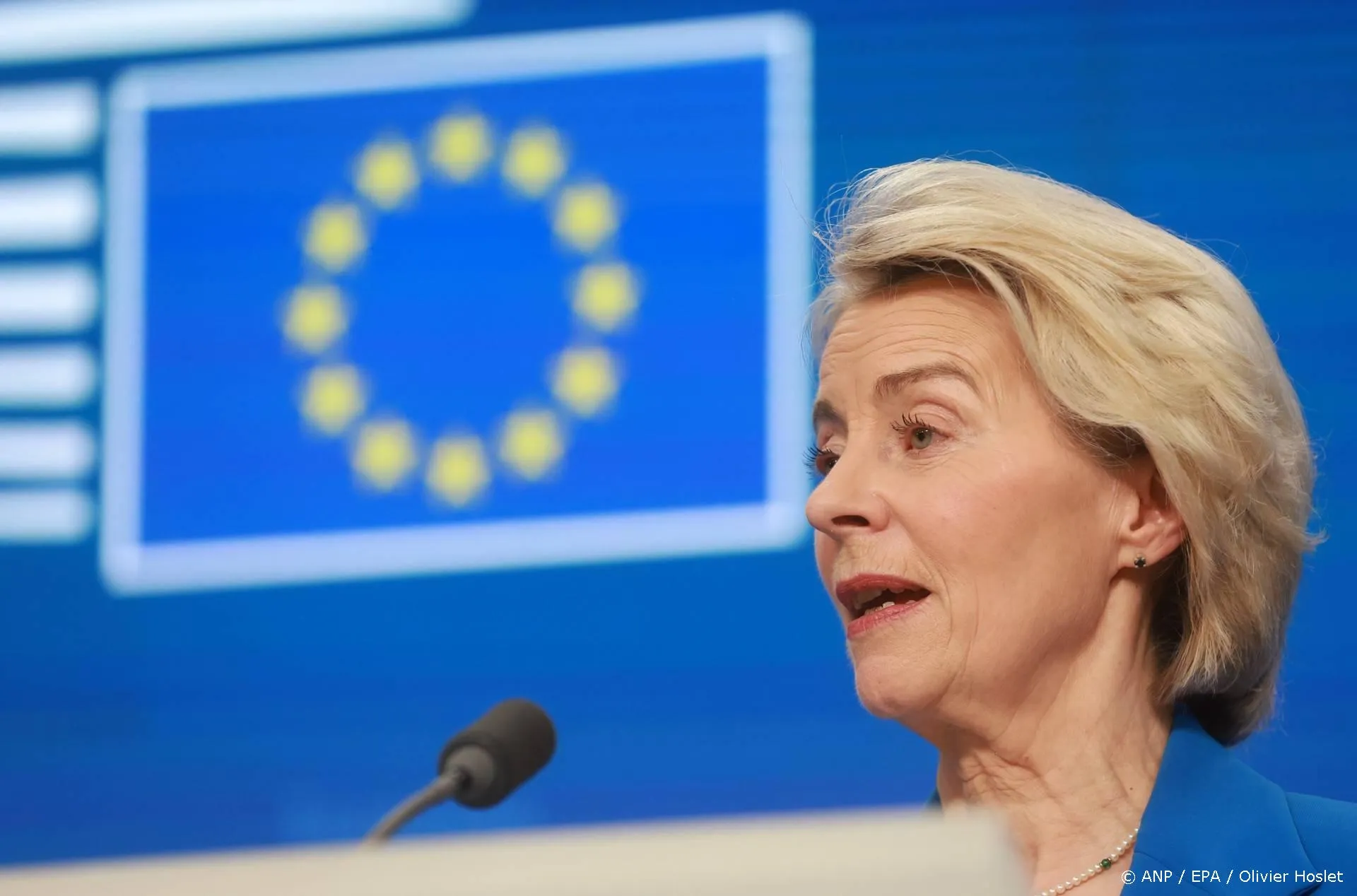Klimaatbeleid en geopolitiek
Klimaatbeleid heeft bijgedragen aan een verslechtering van de internationale veiligheidssituatie. Een opmerkelijke these van Lawrence Solomon.
Lawrence Solomon is onder meer auteur van 'The Deniers. The worldrenowned scientists who stood up against global warming hysteria, political persecution, and fraud'. Dit boek bevat een aantal geschreven portretten van vooraanstaande klimaatsceptici, waaronder onze 'eigen' ' Henk Tennekes. Solomon was milieuactivist en anti kernenergie. Tijdens een etentje in 2004 vertelde een collegaactivist, Norm Rubin, hem dat de wetenschap inzake de opwarming van de aarde inmiddels vast stond. Solomon vertrouwde het niet en vroeg hem dat te specificeren en drie terreinen te noemen waarop dat het geval was. Hijzelf zou dan op zoek gaan naar gerenommeerde wetenschappers die een afwijkende opvatting hadden. Tot zijn eigen verrassing vond hij die. Hij schreef daarover een aantal columns voor de Canadese 'National Post'. Zijn boek is een bundeling van deze columns dit keer voorzien van voetnoten.
Maar Solomon is wat je een generalist zou kunnen noemen. Hij analyseert verschijnselen vanuit een vogelperspectief in plaats van een kikvorsperspectief. Onder de titel, 'How global warming policies have led to global insecurity', analyseert hij in zijn nieuwste column in de Canadese 'Financial Post' de invloed die het klimaatbeleid heeft gehad op het ontstaan van de huidige instabiele geopolitieke situatie.
Lawrence Solomon:
Global warming policies abet terrorism and global insecurity. If Western governments werent spooked by global warming, ISIS would be less of a threat to the West, the Middle East would be less of a cauldron of hate, Europe wouldnt be held hostage by Russia and China wouldnt be threatening its neighbours over islands in the South and East China Seas.
Over the last two decades, global warming activists succeeded in slowing the development of the oil sands, blocking major pipelines like Keystone XL, phasing out coal plants and banning shale gas and oil projects. Without their activism, the Western world would have years ago not only become self-sufficient in fossil fuels, it would have become an exporter. Even with the roadblocks, the U.S. managed a miraculous transformation once the worlds largest energy importer, it is now becoming a major exporter. Only Europe among the Western continents remains subject to dictates from energy exporters, most of them from unsavoury and hostile areas such as the Middle East, Russia and Venezuela. ...
In a world of low-cost, plentiful energy, ISIS could never have emerged as a major threat. This ultimate-Islamic-terror group largely relies on generous grants from energy-exporters like Qatar, a Muslim Brotherhood-friendly emirate, and on sales from its own oil fields, captured in battle. Without global warming dogma, neither of these revenue sources would have taken ISIS far.
Likewise Iran, Qatars rival for the title of No. 1 funder of Islamic terrorism, would have been strapped for cash. It would have been unable to bankroll such notables in the regions terrorist gallery as Hamas and Islamic Jihad in Gaza, Hezbollah in Lebanon and Assad in Syria, not to mention their terror cells in the West.
Russia would also have been sapped of strength and unable to threaten its neighbours, much as occurred in the 1980s, when the USSRs failed economy led to its breakup and the release from its grasp of Ukraine and the rest of eastern Europe. The potent Putin we created would instead have been Putin the Impotent.
Ironically, the environmentalists who pushed global warming policies on the West thought they would be enhancing global security. Wars particularly those in the Middle East stemmed from the Wests desire for oil, they argued. By getting the West off oil and onto CO2free renewables, the West would lose its lust for the Middle Easts energy resources, ushering in a new era of peace.
They were half right it did make sense to rid the West of dependence on Middle East energy. And half wrong the alternative to oil and gas from the Middle East was not renewable energy but oil and gas from Western countries. And they were entirely misguided contrary to their claims, the planet has not warmed in almost 20 years now.
Lees verder hier.
Ik schreef het al eerder: klimaatbeleid maakt meer kapot dan je lief is.
Voor mijn eerdere DDSbijdragen zie hier.
Ga verder met lezen
Dit vind je misschien ook leuk
Laat mensen jouw mening weten
Lees ook
Loading


